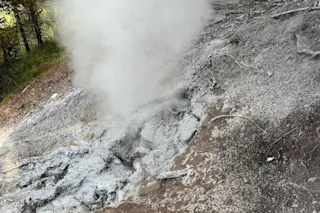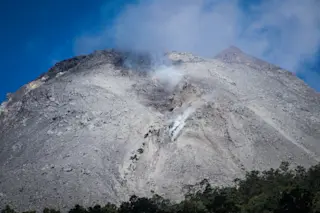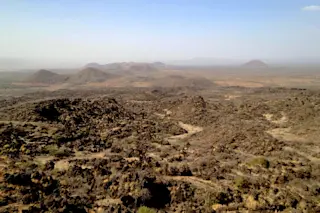Depending on who you talk to, Michele Ballarin, a North Virginia businesswoman, is a ruthless mercenary, a covert operative, or a grandiose but well-intentioned humanitarian. In my profile of her for this week's Washington Post magazine, I uncovered evidence for all of these persons. She juggles these guises on a daily basis. One morning Ballarin will be on the phone with the former President of Somalia, who she is now working with on a refugee resettlement initiative. Later that day, she'll email an acquaintance in the military about some half-cocked clandestine operation in a geopolitical hotspot that she and Perry Davis, her close business partner and a former Green Beret, are pitching to a Pentagon general. She will boast in the 2012 email that she is a "devout Wahabi hunter with my Sufi warriors" and that a Senegalese family has
offered us the former military base on the lle de ...













